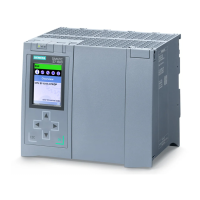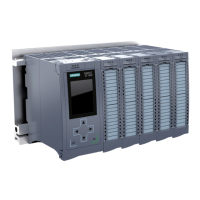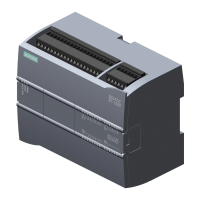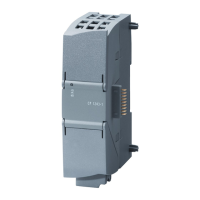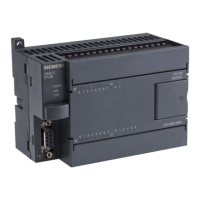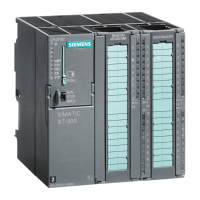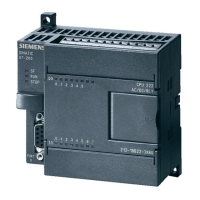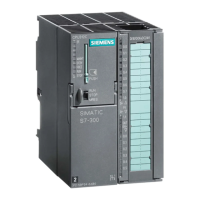Glossary
Cycle and response times
74 Function Manual, 10/2018, A5E03461504-AD
The time-delay interrupt is one of the program execution priority classes of SIMATIC S7. The
time-delay interrupt is generated after the expiration of a timer started in the user program.
The CPU then processes the corresponding organization block.
The time-of-day interrupt is one of the program execution priority classes of SIMATIC S7.
The time-of-day interrupt is generated depending on a specific date and time. The CPU then
processes the corresponding organization block.
See "PROFINET IO controller"
Operating states describe the behavior of a single CPU at a specific time.
The CPUs of the SIMATIC standard systems have the STOP, STARTUP and RUN operating
states.
The primary CPU of the redundant system S7-1500R/H has the operating states STOP,
STARTUP, RUN, RUN-Syncup and RUN-Redundant. The backup CPU has the operating
states STOP, SYNCUP and RUN-Redundant.
Organization blocks (OBs) form the interface between the CPU operating system and the
user program. The organization blocks determine the order in which the user program is
executed.
● Tag of a STEP 7 code block:
● Tag for setting the behavior of a module (one or more per module). In as-delivered state,
every module has an appropriate basic setting, which you can change by configuring in
STEP 7. There are static and dynamic parameters.
Dynamic parameters of modules can be changed during operation by calling an SFC in the
user program, for example, limit values of an analog input module.
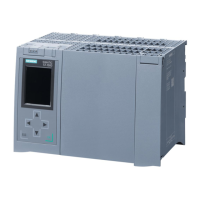
